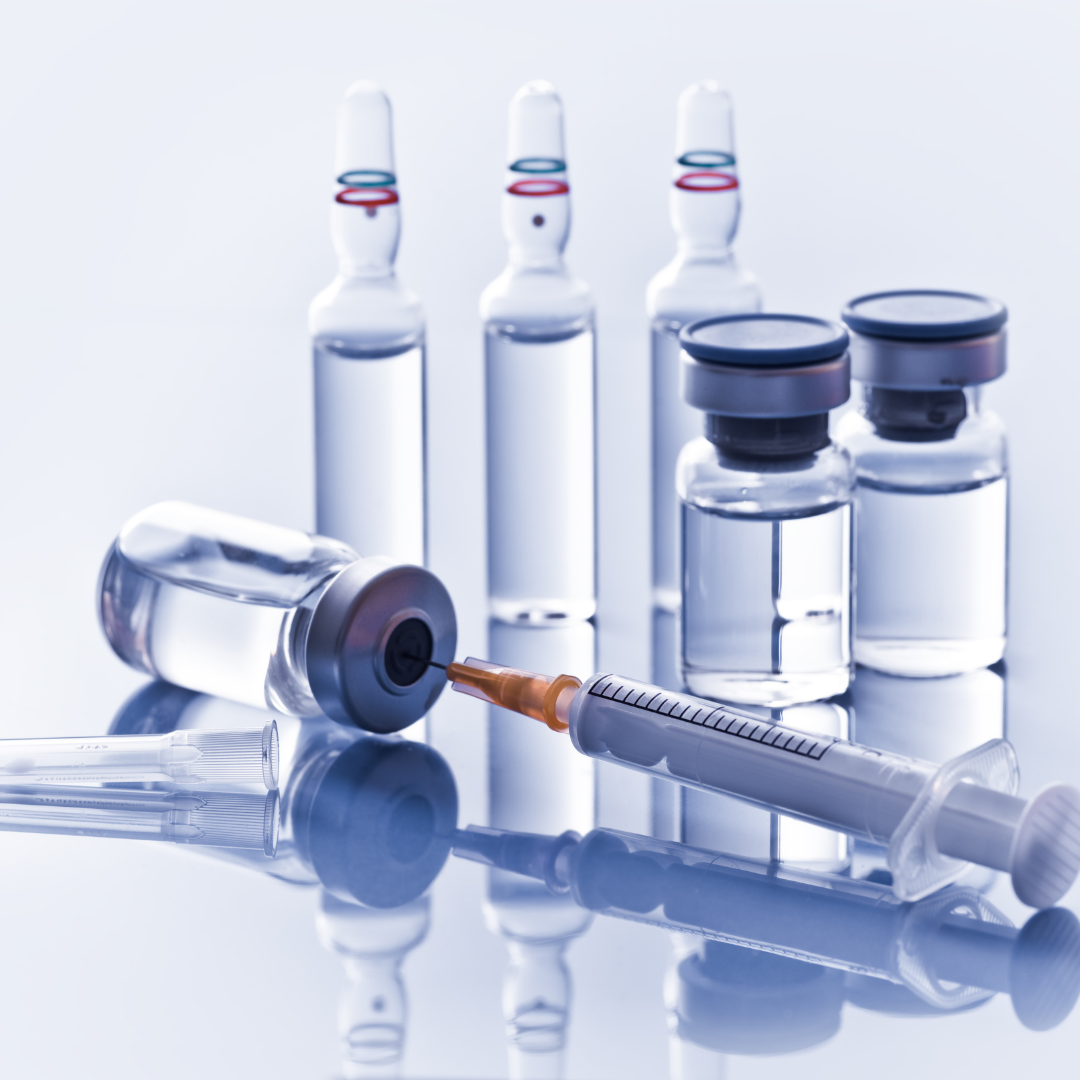
Vaccines are some of the most important drugs in modern medicine. They have saved millions upon millions of lives and have virtually eliminated most of the diseases they target. However, vaccines are seen as controversial in some circles. Anti-vaccine groups are convinced that vaccines are the reason for all sorts of problems, from autism to cancer, and lobbying to eliminate them, or at least not mandatory.
As a result of a recent trip to a “Vaccine Depot” in the area, police have raided the location and discovered an array of unlicensed and expired vaccines, all of which have been confiscated and destroyed. While this is definitely a major public health issue, it’s important to keep the danger of vaccines in perspective. While it may be true that vaccines are not all as safe as we’d like them to be, there have been no recorded deaths due to vaccine failure or contamination in at least the last five years, and it seems unlikely that the local “Vaccine Depot” could have been selling dangerous vaccines without the FDA being alerted (unless, of course, the FDA was bribed, which is always a possibility).
If you’d like to keep learning about the latest news regarding vaccines, the pandemic, healthcare, and everything else related to the medical field, then you should read up on the latest medical news, listen to Healthcare podcasts, keep track of vaccine-related stories as they develop, and so on. But first, read below to learn about what measures are taken to protect the quality of vaccines:
- How Vaccine Works
Vaccines have been credited with almost eradicating infectious diseases like smallpox and polio, but anti-vaccination movements have led to a backlash against vaccines in recent years. How do vaccines work? Vaccines are made from weakened or dead germs. The idea is that when a person’s immune system is exposed to a weakened form of a germ, it will learn how to attack the germ if it enters the body in the future. Vaccines only contain a small amount of the germ and are given to healthy people in low doses so that the immune system can learn how to protect the body without actually getting the disease itself.
- Vaccines are studied well
Most of your vaccinations were studied, but they may not have been as in-depth as you think. Each year, CDC studies hundreds of vaccines, including new vaccines, old vaccines, and combinations of vaccines. Some studies are very short, lasting just a few months, while others can last years. The purpose of these studies is to answer questions about how safe and effective the vaccines are in different situations, as well as whether they are better than other available vaccines.
- Vaccines Are Safe
Vaccine-preventable illnesses can be serious. Some, like polio, are even life-threatening. And while it’s important for everyone to understand the risks and benefits of vaccines, sometimes the loudest voices aren’t the most reliable. In fact, some doctors and politicians have spread false information about the safety and effectiveness of vaccines. This can lead to under vaccination, which can actually increase your risk of getting a disease. For instance, even though the MMR vaccine has been proven to prevent measles, the number of cases of the disease in the United States has been rising. That’s because some people don’t get vaccinated, creating what’s called a ‘vacuum effect.’ If you want to protect yourself and your family, vaccinating
- Vaccine Is Essential
Of course, vaccines are necessary. This is why millions of children are vaccinated each year. Here are some statistics: Pneumococcal disease kills more children under the age of five years than any other infectious disease. By vaccinating children with conjugate vaccines against pneumococcal disease, an estimated 1 to 2 million deaths could be prevented every year. Diphtheria-tetanus-pertussis (DTP) and measles-mumps-rubella (MMR) vaccines have virtually eliminated these diseases in high-income countries. There remain, however, countries in which these diseases are prevalent. Measles remains a major source of childhood mortality in the developing world.
Contrary to what we might believe, getting vaccinations is not the be-all and end-all of keeping your family healthy. Of course, vaccinations are a great way of keeping your family healthy, but there are a number of other factors that can come into play. For example, the strength of your immune system can play a key role in how well you do against serious infections. As a result, there are a number of things you can do to strengthen your body’s immune system, such as eating a healthy diet and avoiding smoking and excess drinking.
